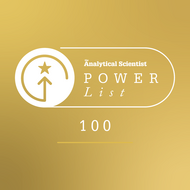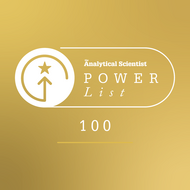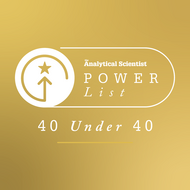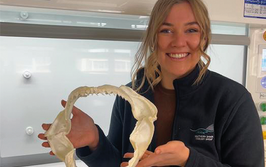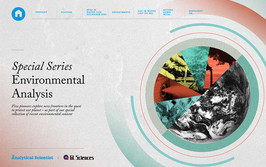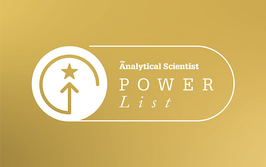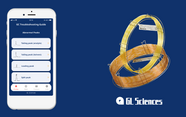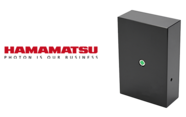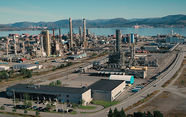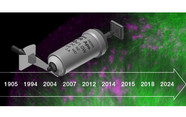Kevin Schug
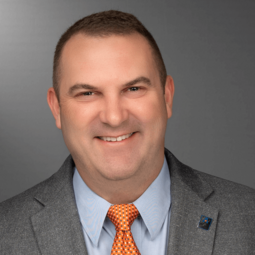
Professor and Shimadzu Distinguished Professor of Analytical Chemistry, University of Texas at Arlington, USA
Biggest challenge facing the field? Universities in the US are shifting away from hiring analytical chemistry faculty with formal credentials. This issue is worsened by a thriving job market in the industrial sector, where analytical chemists with PhDs tend to find employment. Additionally, there is a limit on funding for analytical chemists in academic institutions. I have worked to fill this funding gap in my own research by collaborating with industry partners – though virtually all of my students have been taking jobs in industry. With less focus on pushing boundaries in analytical measurements in academia, less students will be exposed to the wide range of analytical technologies available – making the competition for classically trained analytical chemists more fierce when applying for industry jobs.
Most exciting development or trend? I noticed a considerable increase in AI use combined with analytical measurements during HPLC 2023 in Duesseldorf – and I believe that we are at the cusp of what we can achieve with data science and analytical chemistry. The possibilities of this are very exciting! As more complicated systems and instruments are introduced, these new dimensions could glean information that exceeds our expectations.
Missing from the toolbox? We’ve spent years working on advancing the use of liquid chromatography – triple quadrupole – mass spectrometry (LC-MS) for intact protein quantification. The aim is to target a wide range of proteins, such as protein biomarkers, for specific diseases. We need a sample preparation approach to achieve this and although the current LC-MS method works well, we need to minimize sample dilution during preparation for low abundance biomarker proteins. Unfortunately, there are very few commercial products that will achieve this – limiting our ability to quantify proteins from biological fluids using a top-down approach.
Book for scientists? “Making of the Atomic Bomb” by Richard Rhodes – an emotionally thought-provoking book that reads as a modern history of chemistry. It also addresses many controversial topics associated with World War II, politics, science, and discrimination.
